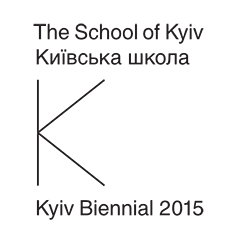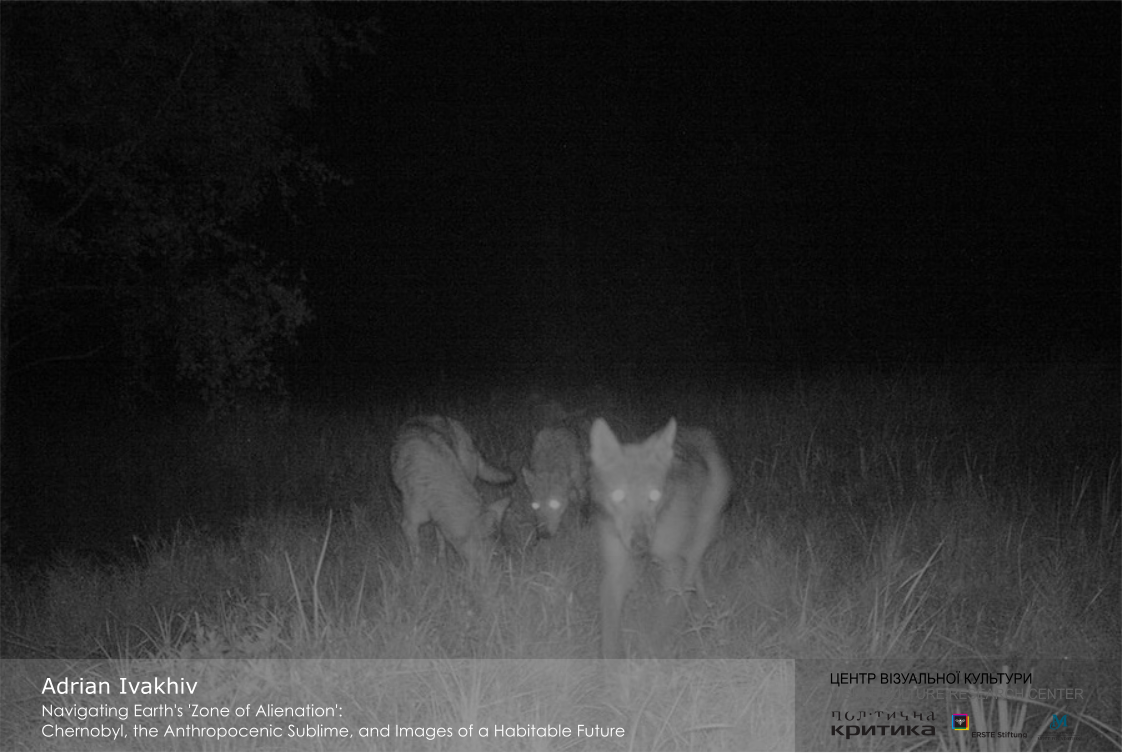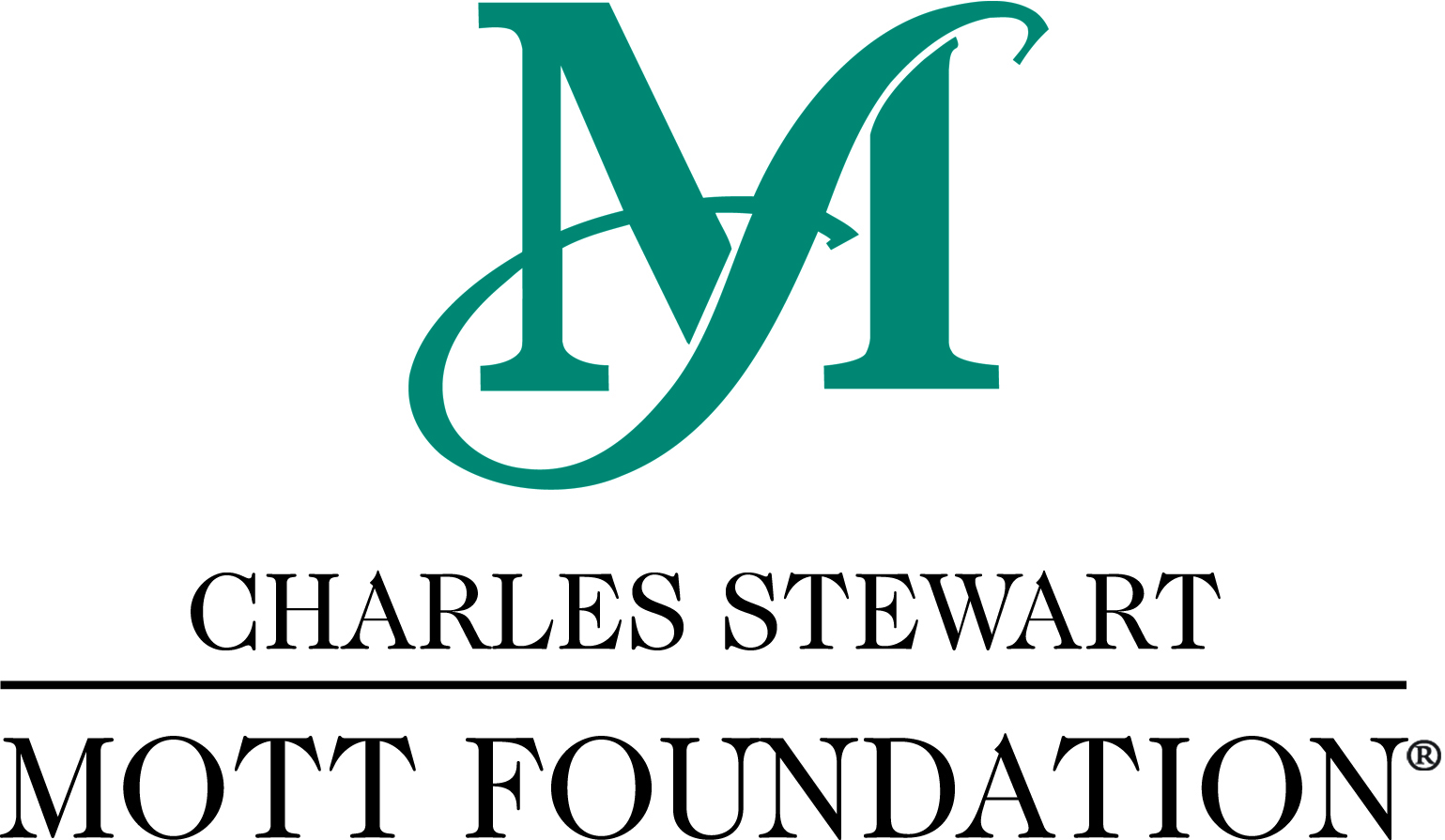Lecture by Adrian Ivakhiv. Navigating Earth’s “Zone of Alienation”
Tuesday, 25 October 2016, 19:00
Lecture by Adrian Ivakhiv
Navigating Earth’s ‘Zone of Alienation’:
Chernobyl, the Anthropocenic Sublime, and
Images of a Habitable Future
This talk will interpret the Chernobyl nuclear accident and its “Zone of Alienation” (Zona vidchuzhennia) as a microcosm of the explosive tensions held together within the nucleus of the Anthropocene. Its first part will situate the 1986 nuclear accident within a series of nested geo-temporal reference frames, including Western and Soviet “technological sublimes”; Cold War militarism and the post-Soviet resurgence of Westphalian nationalism; cinematic and science-fictional “zones” associated with zombies, “stalkers,” and posthuman futures; and the deep time of the Anthropocene (or Capitalocene, as others have called it). Its second part will deepen the analysis of the Anthropocene as a “time out of joint,” marked by a geography in which “zones of alienation” and of resistance — from Chernobyl and Fukushima to the floodzones of climate change, from sites of “extreme (fossil fuel) extraction” to the movement of “Blockadia” emerging against them — become key points of struggle over the future of the Earth. I argue that at the heart of this struggle is an effort to create “adequate images” (as Werner Herzog has called them) for our time.
Adrian Ivakhiv is the Steven Rubenstein Professor for Environment and Natural Resources, and a Professor of Environmental Thought and Culture, at the University of Vermont. He has published widely in the fields of environmental humanities, cultural and religious studies, and film and media studies. His books include Claiming Sacred Ground: Pilgrims and Politics at Glastonbury and Sedona (2001), Ecologies of the Moving Image: Cinema, Affect, Nature (2013), and the forthcoming Immanence: Philosophical Engagements in the Shadow of the Anthropocene.
The lecture will be delivered in English.
Admission is free
Supported by: ERSTE Stiftung and Charles Stewart Mott Foundation




